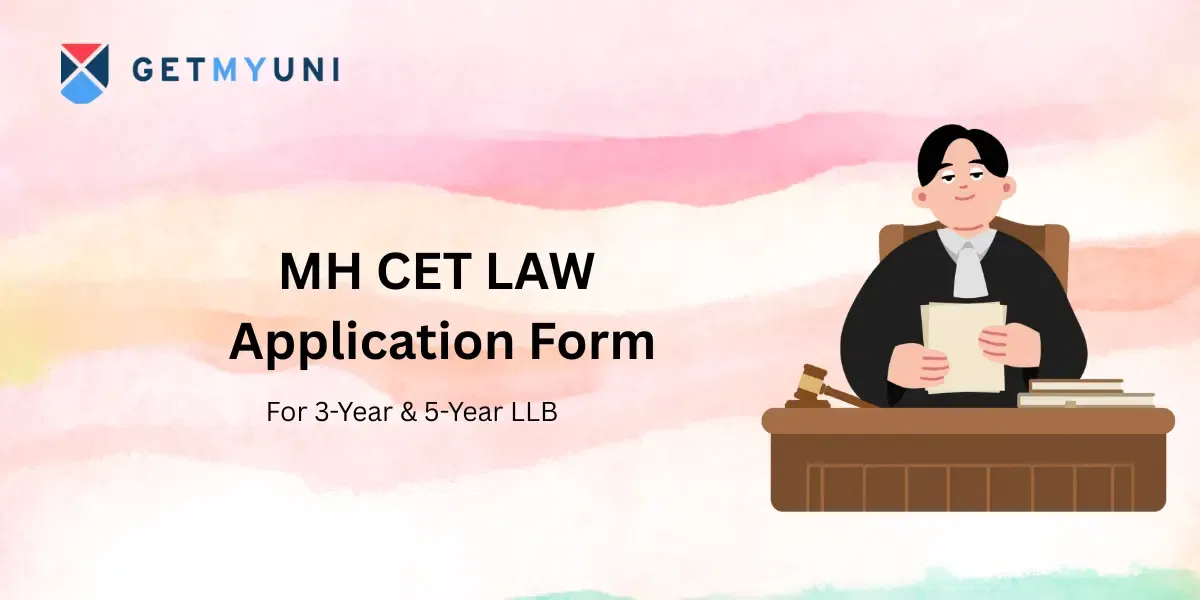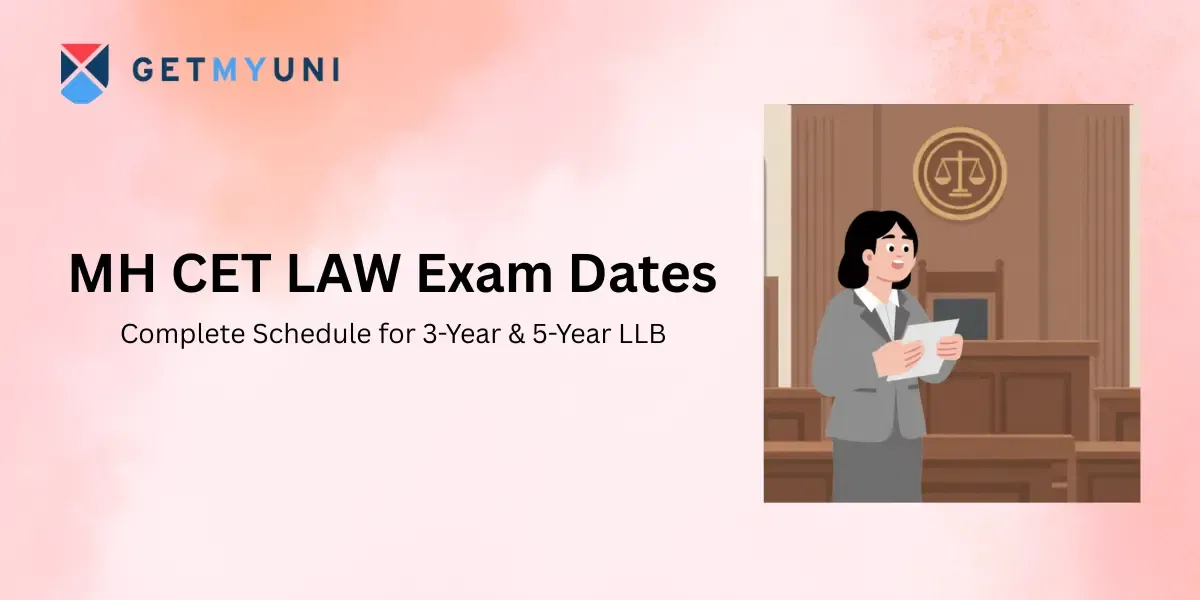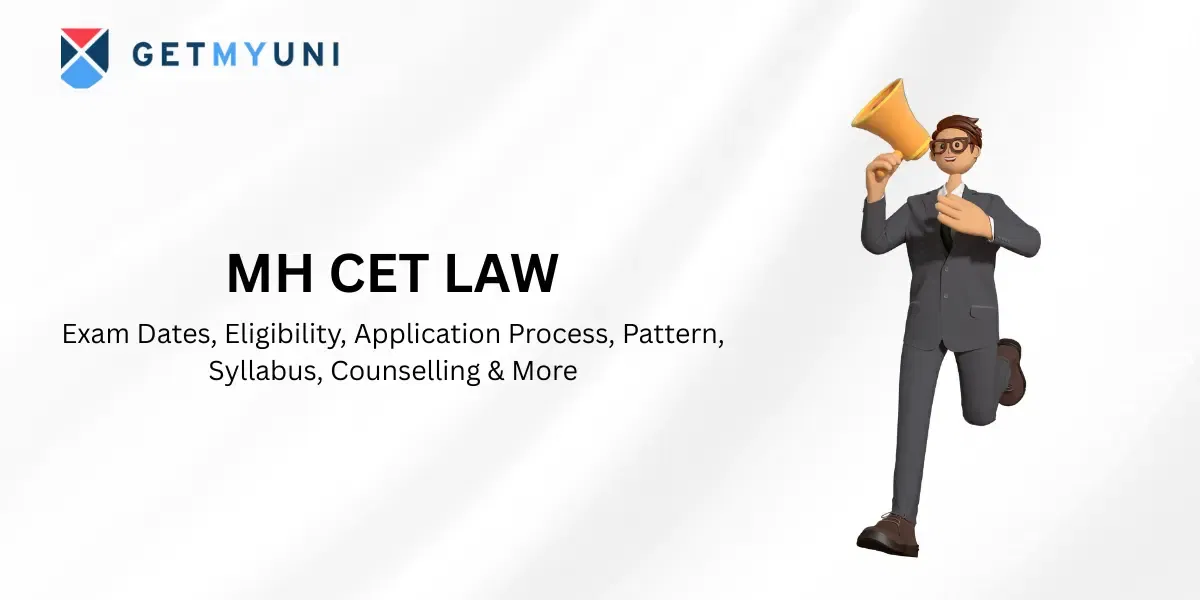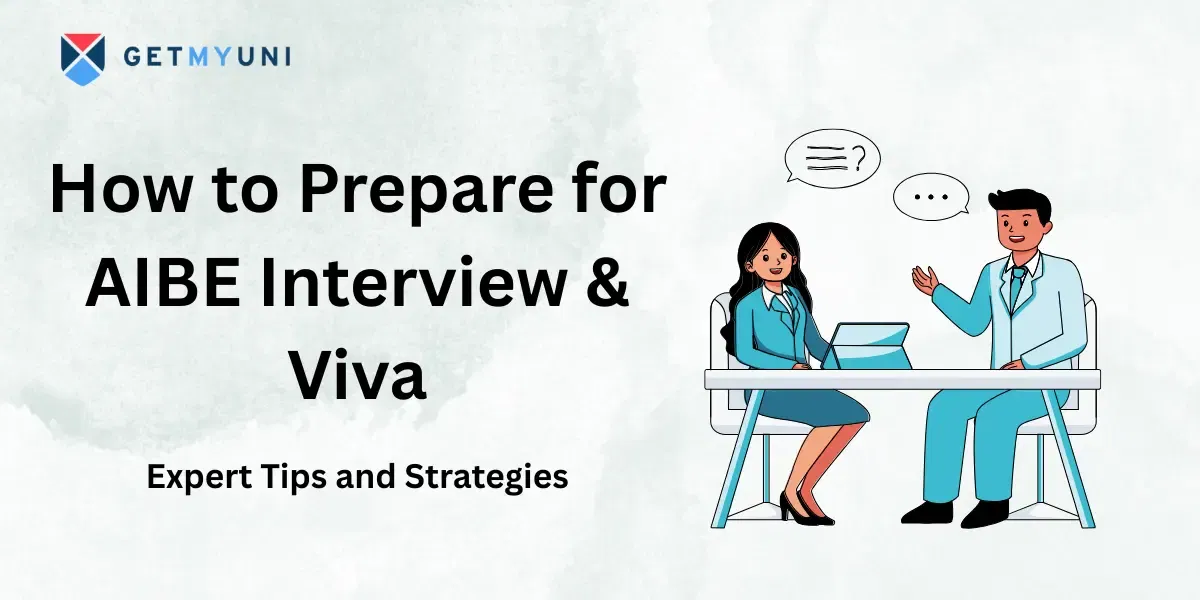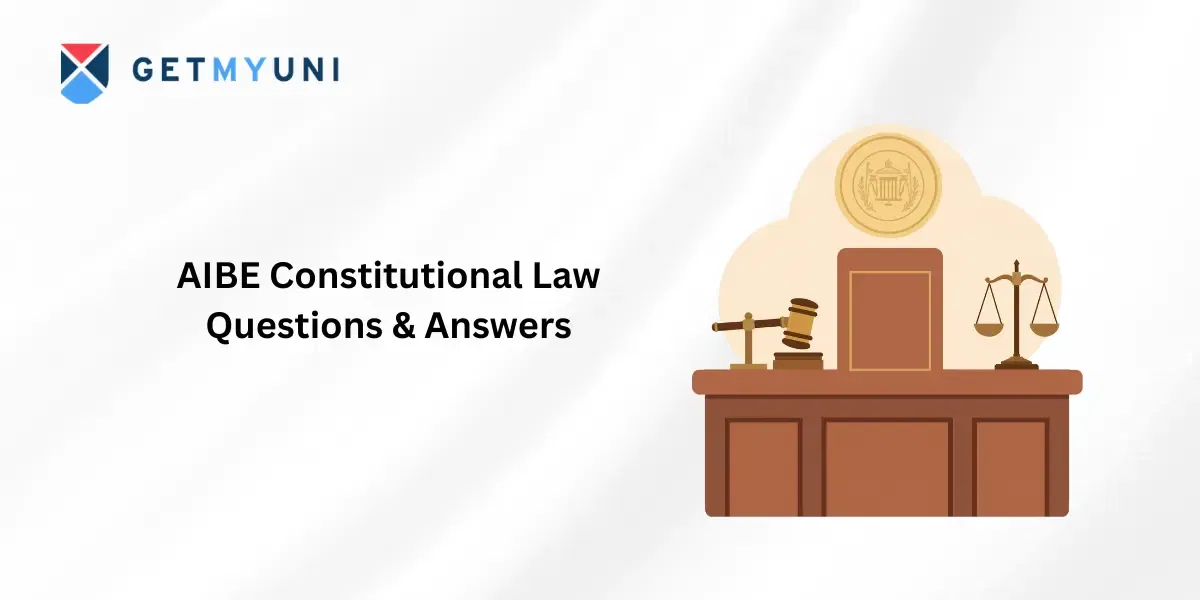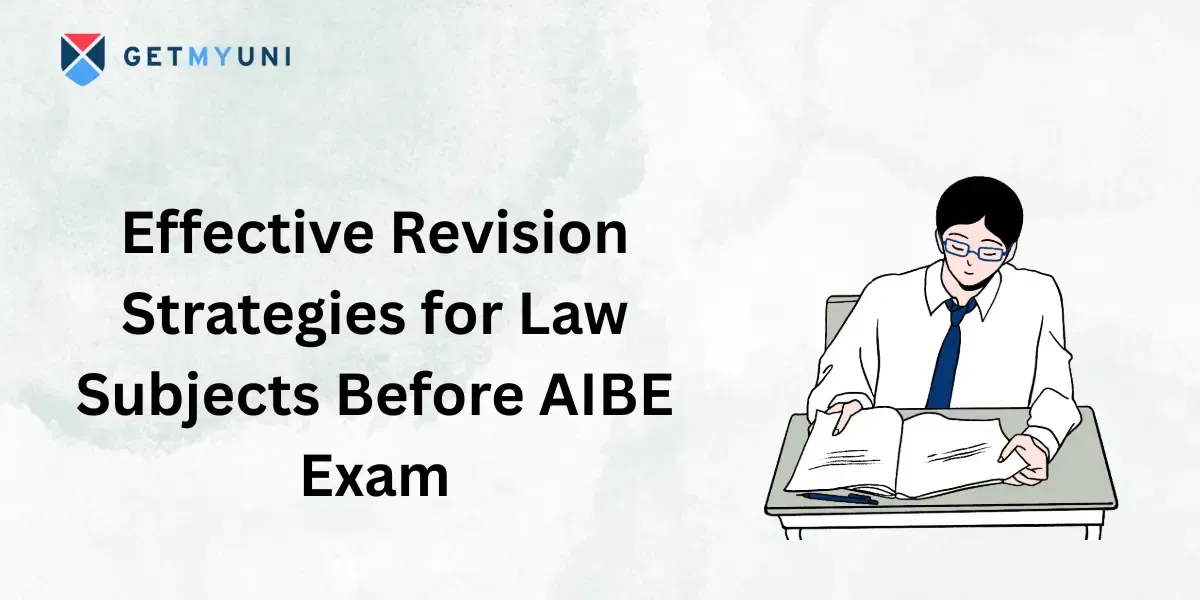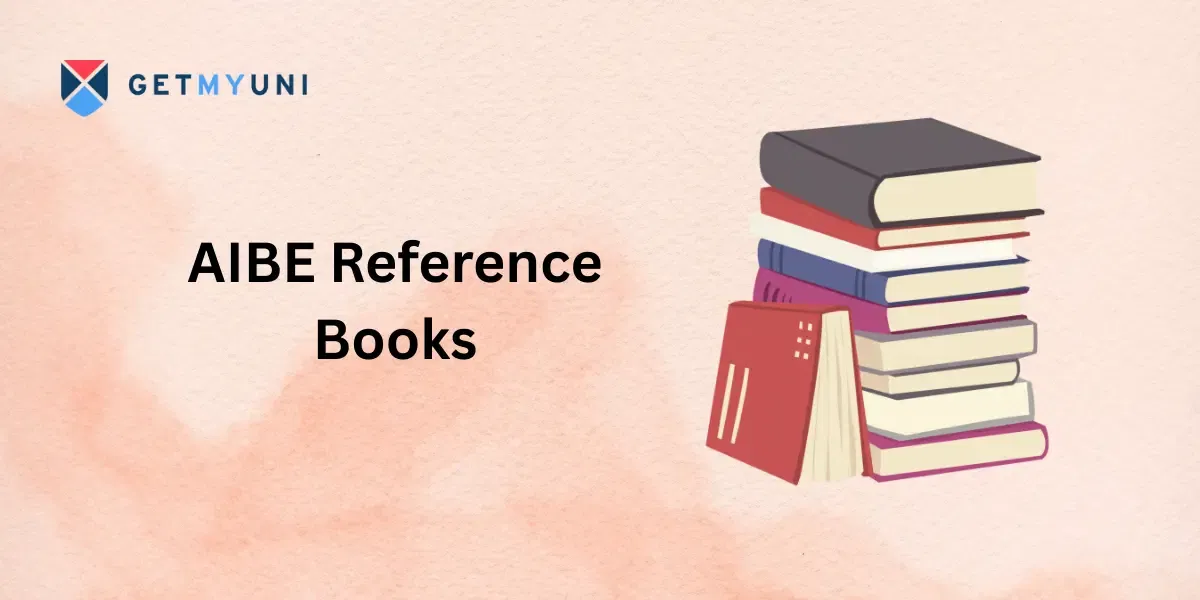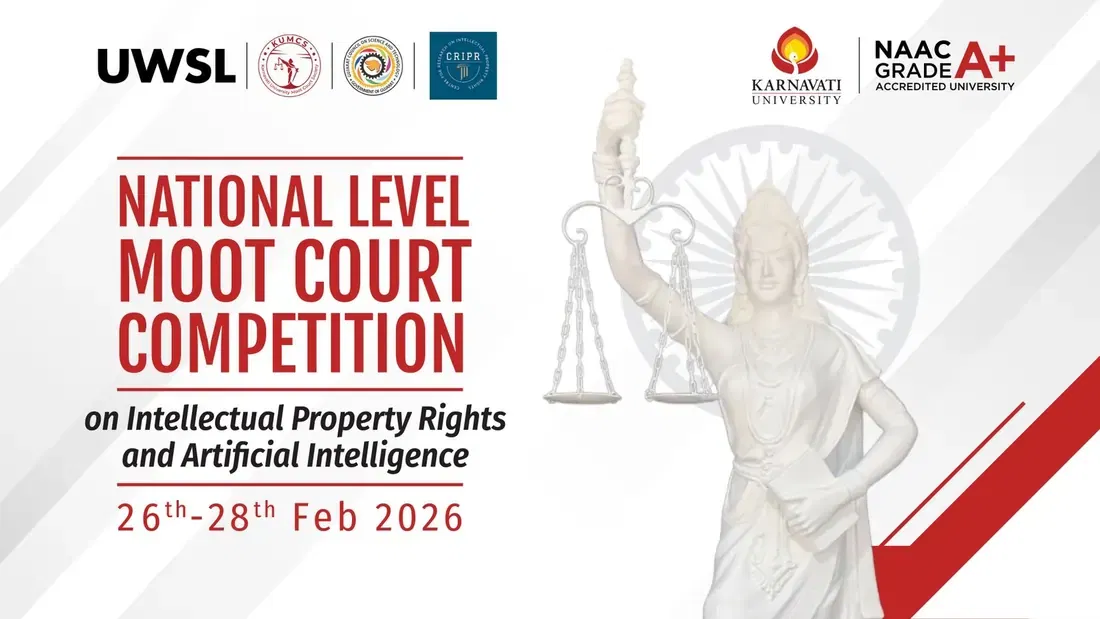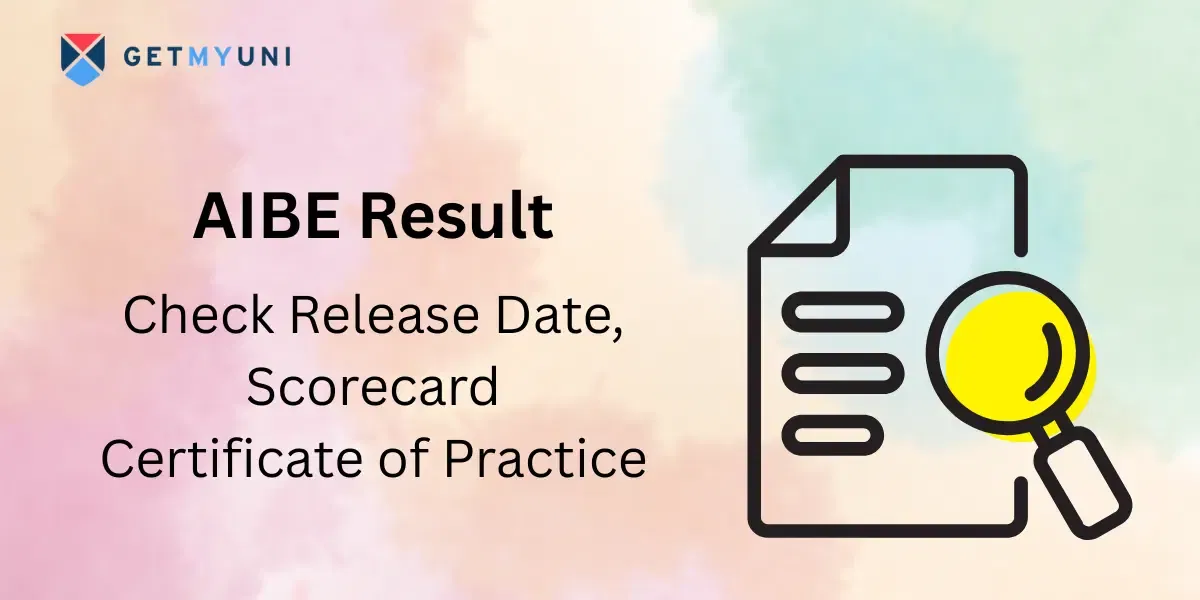The tricks and tips for cracking post-CLAT interviews and group discussions are knowing the resume well enough to answer any associated questions, brushing the GK, practising group discussions and interviews.
Tips for Cracking Post-CLAT Interviews and Group Discussions are practicing group discussions and mock interviews, understanding your resume, gently managing pressure and staying positive.
The Group Discussion and Personal Interview (GD-PI) round is one of the most crucial phases of the CLAT exam 2026. This phase is intended to evaluate the candidate's critical thinking, communication, and teamwork abilities in addition to their legal knowledge. Preparing for CLAT interviews and group discussions in advance is a great way to ensure the admissions to top law colleges.
Top 7 Strategies For Cracking Post-CLAT Interviews and Group Discussions
During the GD-PI round of CLAT admissions, the candidates are assessed on several factors, including their ability to communicate, think critically, lead, and stay current on current events.
Typically, the procedure consists of a personal interview after a group discussion. In order to understand how to introduce yourself in an interview, you need to know that the PI is more individualized and examines unique viewpoints, experiences, and goals, whereas the GD evaluates a candidate's capacity to express their ideas in a group context.
- Stay Up to Date: The GD-PI round heavily relies on current events, so stay up to date with legal changes and national and international news. This information helps you answer questions during the in-person interview and improves your contributions during the group discussion.
- Practice Group Discussions: Regularly participate in peer-led group discussions to enhance your critical thinking, listening, and articulation abilities. Practice talking about a variety of subjects to be ready for any topic that may come up during the GD-PI round.
- Practice Mock Interviews: To replicate the real GD-PI experience, take part in practice interviews. Ask peers or mentors for their opinions to find areas for growth and hone your strategy.
- Create a Well-Balanced Strategy: It's vital to voice your thoughts, but it's just as crucial to listen to others and have productive conversations. Encourage a range of opinions within the group and refrain from controlling the conversation.
- Understanding of Your Interests & Hobbies: You will be questioned about your hobbies and interests, so be sure you are well-versed in them. During the interview sessions, the applicants are asked about their interest in playing any outdoor or indoor sport or any productive activity.
- Stay Positive: Even if you have all the bad things to say about a certain action or policy, balance them out with optimistic views about the future. Don't be overly critical of government policy or any global event. If necessary, you might briefly present any suggestions you may have for improving them.
- Brush up on your GK: You should be familiar with both current and past events. Reading alone is insufficient; you also need to frame it with an opinion. You must undoubtedly be well-prepared for the PI round, not only with the current GK for the interview but also with the laws and social GK related to the challenges in your local region.
- Organized Responses: During the in-person interview, be ready to give well-organized answers. Practice responding to frequently asked questions concerning your educational history, accomplishments, objectives, and experiences. Practise the STAR (Situation, Task, Action, Result) technique to properly describe your experiences.
- Understand Your Resume: The interview panel frequently consults your resume when asking questions. Be knowledgeable about your employment experience, extracurricular activities, and academic accomplishments. Prepare to talk about how these experiences have influenced your goals and personality.
- Gently Manage Pressure: GD-PI rounds are intended to evaluate applicants' ability to manage pressure. Even when faced with difficult circumstances, maintain your composure and speak clearly. It's acceptable to pause and collect your thoughts before answering.
Related Articles to Tips for Cracking Post-CLAT Interviews and Group Discussions
Significance of the CLAT Interviews and Group Discussions
A critical step in CLAT admissions that goes beyond assessing legal knowledge is the GD-PI round. It assesses a candidate's communication abilities, general personality, and suitability for a legal career.
Candidates can increase their chances of success by comprehending the importance of this round and implementing successful tactics.
To confidently face the GD-PI round and leave a lasting impression on the admission panel, keep in mind that practice and preparation are essential.
- Holistic Assessment: A candidate's personality is seen holistically through the GD-PI round. It evaluates interpersonal skills, emotional intelligence, and pressure tolerance in addition to academic performance.
- Proficiency in Communication: One of the most important skills for lawyers is effective communication. The GD-PI round assesses a candidate's capacity for clear idea expression, active listening, and meaningful discussion.
- Problem-solving and Critical Thinking: Presenting and discussing different points of view on a certain subject is a common part of group discussions. This evaluates a candidate's capacity for situation analysis, logical reasoning, and critical thinking.
- Teamwork and Leadership: Group conversations show how well a candidate can facilitate a conversation or make a valuable team contribution. The candidate's leadership potential and teamwork abilities are further examined during the in-person interview.
Also Read: How to Explain a Project in an Interview?
-
GD-PI crucial for CLAT 2026 admissions. -
Evaluates critical thinking, communication, teamwork. -
Practice mock interviews and group discussions. -
Stay updated on current affairs & legal changes.

